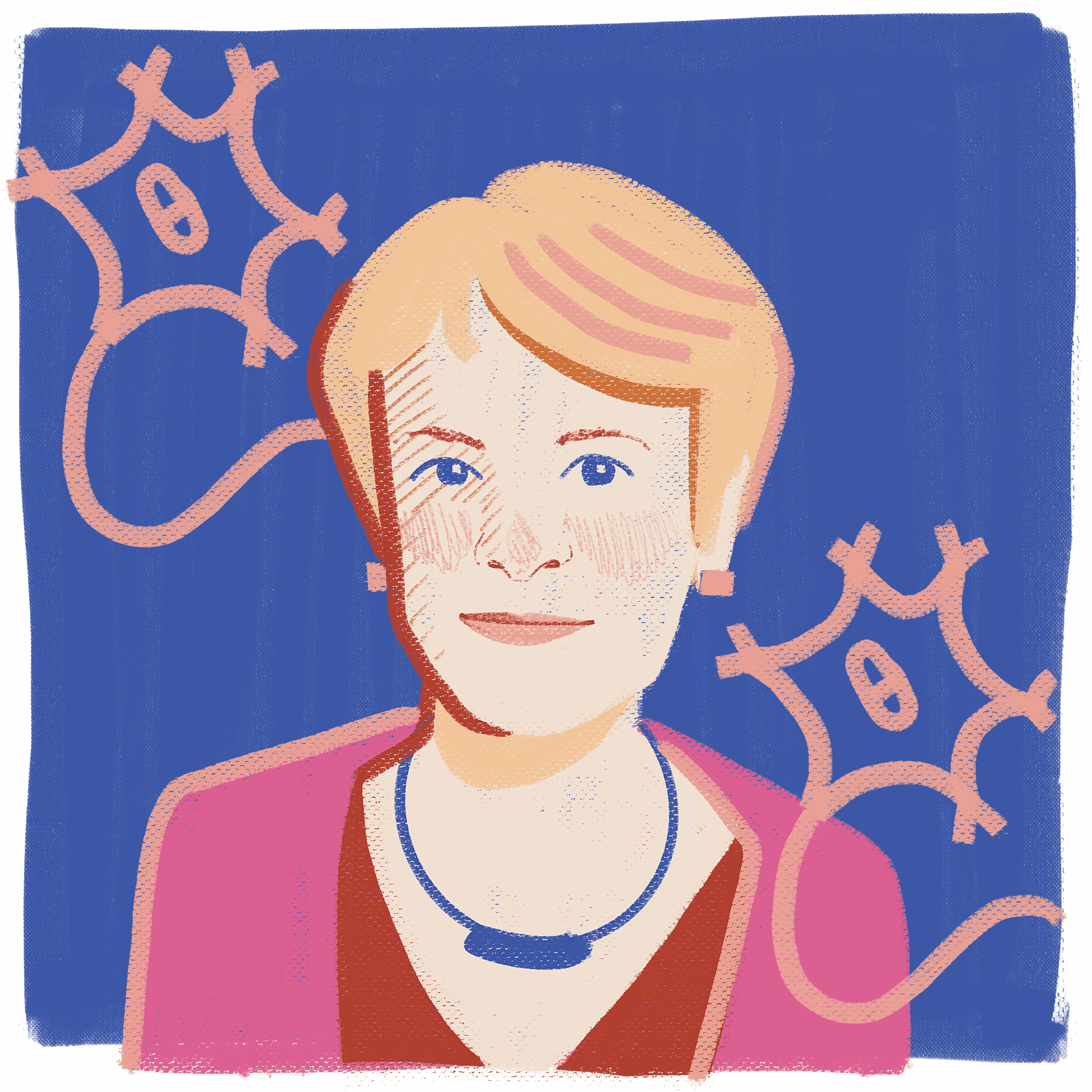Professor Marlene Stray

Marlene Stray is a psychologist and explains that, since Highschool, she was determined to work in the field. After obtaining her degree, she became interested in clinical work and in working in the practice, acting in companies, schools, and in her private practice. However, when facing the challenge of teaching classes at the School of Social Communication (FAMECOS), she did not feel confident due to her lack of qualification in the education field, and realized being a psychologist was not enough to be a psychologist professor. She then specialized in education sciences, focusing on social psychology, with a Masters in social and personality psychology, and with a PhD from the Department of Social Psychology of the Universidad Autónoma de Madrid, in Spain. Later on, she went back to Spain for a post-doctorate at the Universitat de Barcelona, and, after that, for a senior post-doctorate at the same university in Barcelona.
Throughout her education, Marlene discovered and became interested in gender studies, and, from then on, her academic journey was aimed at understanding feminisms, social psychology, and gender theories, through study groups, readings and research. She then researched and developed themes such as women labor, life aspects of mature women, gender violence and others. Professionally, she was a graduate professor at PUCRS, Unisinos and Ulbra, coordinator of the Department of School Psychology (PUCRS), the Psychology Degree Program (UNISINOS), and the Gradate Program n Psychology (PUCRS), and, more recently, she was invited by FEEVALE to compose the work group that was preparing the creation project of the Academic Masters in Psychology.
Regarding women and STEM areas, Marlene understands that, although there are practically no visible impediments to women entering these fields — even if they do exist, disguised, but prevailing —, these fields still see women as foreigners in their own turf, and they are perceived by many as an intimidating space with which they do not want to associate or even to approach. In her perception, “women who made great contributions to the so-called hard sciences are not very well-known, or talked about, or studied.” Marlene also mentions the practice of using only the last name in scientific publications in the field, which makes this invisibility even harder to be uncovered.
In conclusion, Marlene believes the “STEM field is a space for women and needs them. It needs women who have a lot to contribute to its development. Girls and women need women to be there as role models, proving that a woman’s place is wherever she wants to be. And, for women to want to be there, many women must show this possibility exists by occupying that space.”


